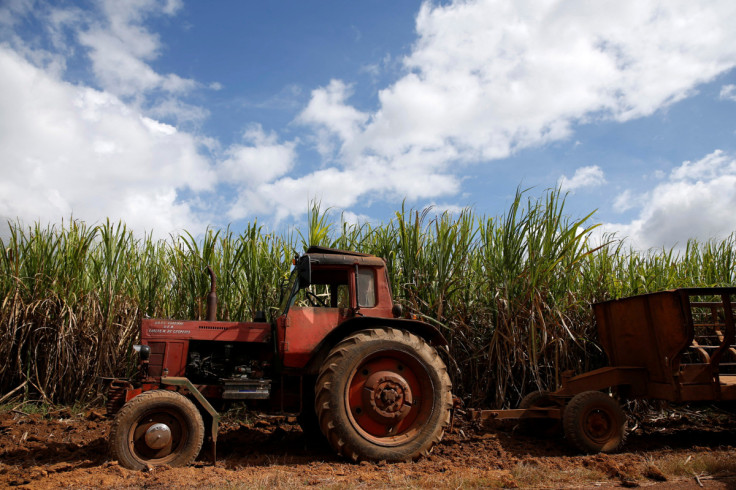Cuba Cuts Plans To Export Sugar With Output Expected To Stagnate

Cuba kicks off the country?s annual sugar harvest this month, but experts and state officials say the crisis-racked Caribbean island will struggle to produce enough of the sweetener even for its own consumption, dashing plans for export.
Cuba's communist-run government has said it plans to produce 455,000 tonnes of raw sugar this harvest cycle, 14,000 tonnes less than the previous one which hit a hundred-year low and forced the country to scrap plans for $150 million in exports.
Sugar was once the pride of Cuba, critical to its rum production, driving foreign exchange though export sales and providing employment across the island's vast countryside.
"This is the first plan since the 1959 Revolution that does not include significant exports, though they may export some if the price is right then import later [for local consumption]," said a sugar expert consulted by Reuters, who asked to remain anonymous because he was not authorized to speak with foreign journalists.
The expert said Cuba had worked a similar deal after last year's disastrous harvest, importing some sugar from Brazil.
Cuba historically consumes between 600,000 to 700,000 tonnes of sugar annually and has a long-standing agreement to export 400,000 tonnes to China, a deal that is now suspended, the expert and another source with access to the industry said.
State-run sugar monopoly AZCUBA has also said that sugar produced this harvest will go mainly to domestic consumption and derivatives such as rum and animal feed.
The loss of that export cash would be yet another shock to Cuba?s ailing economy, already stricken by the coronavirus pandemic and U.S. sanctions.
Just 23 mills of 56 total, hobbled by lack of fuel, supplies, spare parts and staff, will grind sugar cane during this season?s harvest, which typically ends in April.
In 1989, by contrast, Cuba had more than 100 mills and produced 8 million tonnes of raw sugar, most destined for the Soviet Union.
The century-old Uruguay mill in Escambray is among those to be shuttered this year, according to a report in the Sancti Spiritus provincial Communist Party newspaper.
"It was the most shocking decision that the collective and the emblematic factory have experienced in a long time," the paper reported. "It was as if a relative had died; there was silence, insecurity, tears."
The mill and surrounding plantations, like much of Cuban agriculture and industry, have seen production and efficiency dramatically decline over the last five years.
© Copyright Thomson Reuters 2024. All rights reserved.




















